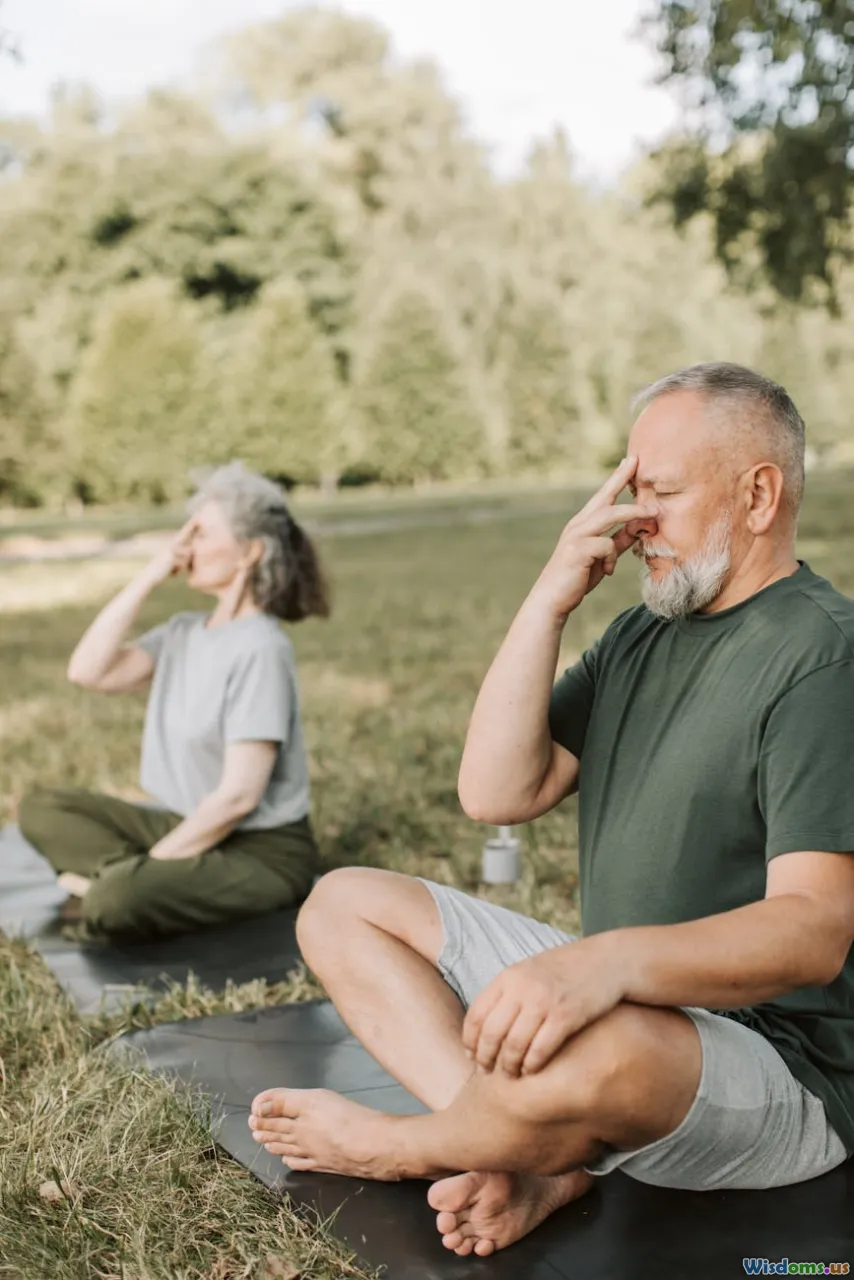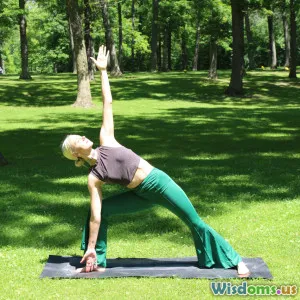
Exercise and Its Impact on Quality of Life
5 min read Discover how exercise influences overall well-being, mental health, and daily functioning in this comprehensive exploration of quality of life. (0 Reviews)
Exercise and Its Impact on Quality of Life
Exercise is often heralded as a cornerstone of health, but its effects extend far beyond physical fitness. As research continues to unveil the intricate connections between exercise and overall quality of life, it becomes evident that engaging in regular physical activity is essential for holistic well-being. This article delves into how exercise impacts physical health, mental clarity, and social connectivity, ultimately enriching our lives.
Physical Health Benefits
1. Improved Cardiovascular Function
Regular exercise strengthens the heart, improving circulation and reducing the risk of cardiovascular diseases. Studies show that even moderate physical activity can significantly lower blood pressure and cholesterol levels, promoting a healthier heart.
2. Weight Management
Engaging in regular physical activity helps regulate body weight by burning calories and increasing metabolic rate. A balanced exercise routine, combined with proper nutrition, can lead to sustainable weight management, which is crucial for reducing the risk of chronic diseases such as diabetes and obesity.
3. Enhanced Musculoskeletal Health
Exercise plays a vital role in maintaining bone density and muscle strength. Weight-bearing activities, such as walking or resistance training, are particularly effective in preventing osteoporosis and sarcopenia, conditions that contribute to frailty and loss of independence in older adults.
4. Immune System Boost
Research indicates that regular, moderate exercise can enhance immune function, reducing the incidence of illnesses. Staying active can lead to fewer sick days and a quicker recovery from illness, ultimately supporting a better quality of life.
Mental Health Enhancements
1. Stress Reduction
Exercise acts as a natural stress reliever. Physical activity stimulates the release of endorphins, chemicals in the brain that act as natural painkillers and mood elevators. Regular exercise can help alleviate stress, anxiety, and depression, promoting a more positive outlook on life.
2. Cognitive Function
Engaging in physical activity has been linked to improved cognitive function and a lower risk of cognitive decline. Studies suggest that exercise enhances brain health by increasing blood flow and promoting neurogenesis, thereby supporting memory, learning, and overall mental clarity.
3. Better Sleep Quality
Regular physical activity has been shown to improve sleep quality. Those who exercise tend to fall asleep faster and experience deeper sleep, which is essential for cognitive function, mood regulation, and overall health.
Social Connectivity
1. Building Community
Participating in group exercise classes or team sports fosters social interaction, providing opportunities to build friendships and a support network. This sense of community can significantly enhance one's quality of life, as social connections are closely linked to mental well-being.
2. Increased Motivation
Exercising with others can enhance accountability and motivation. The camaraderie experienced during group workouts can make exercising more enjoyable and encourage consistency, leading to more significant health benefits over time.
3. Sharing Experiences
Engaging in physical activity can lead to shared experiences that strengthen relationships. Whether it's joining a running club or participating in a local charity walk, these activities create bonds that enhance emotional support and personal fulfillment.
Conclusion
The impact of exercise on quality of life is profound, touching nearly every aspect of health and well-being. From improving physical health and mental clarity to fostering social connections, regular exercise is an invaluable tool to enhance life satisfaction. By prioritizing physical activity, individuals can cultivate a healthier, happier, and more fulfilling life. Whether it’s a brisk walk in the park, a dance class, or a team sport, the key is to find activities that are enjoyable and sustainable.
Incorporating exercise into your daily routine doesn't have to be daunting. Start small, set achievable goals, and gradually increase your activity level. Your quality of life will thank you for it!
Rate the Post
User Reviews
Popular Posts




















